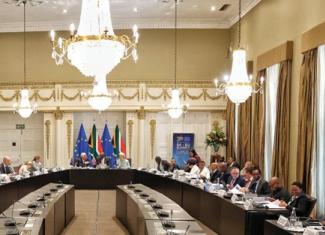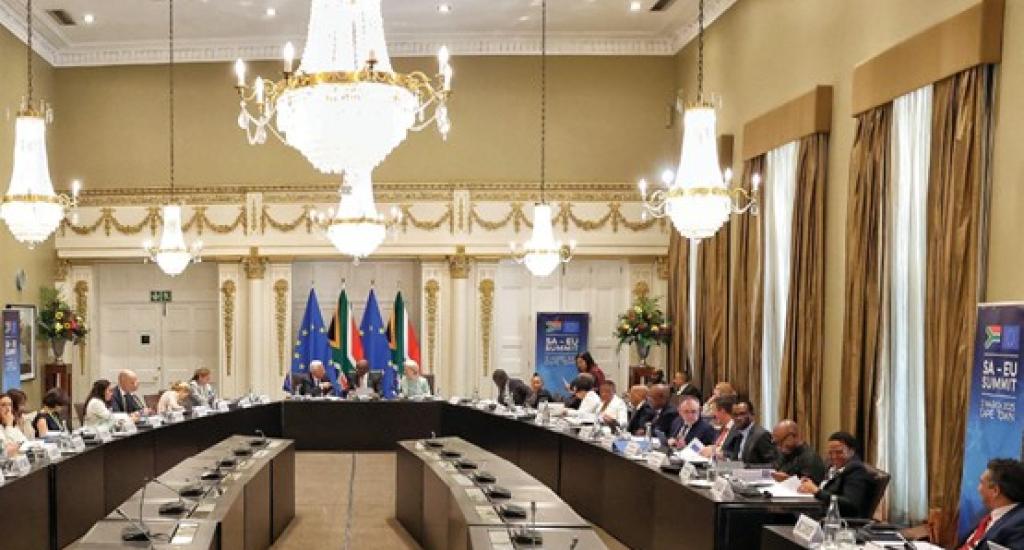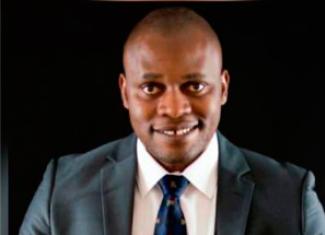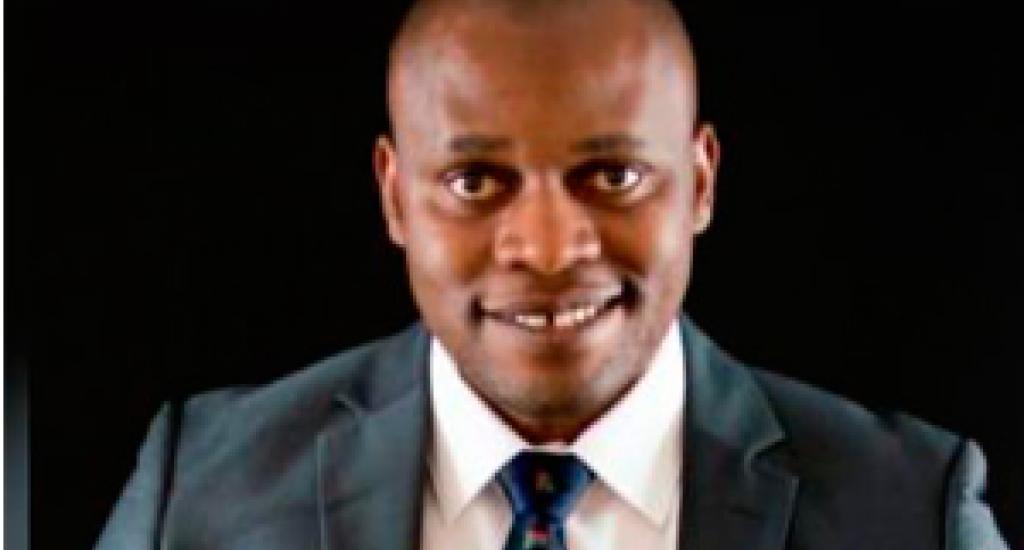South Africa and the EU are strategic allies bound by shared values
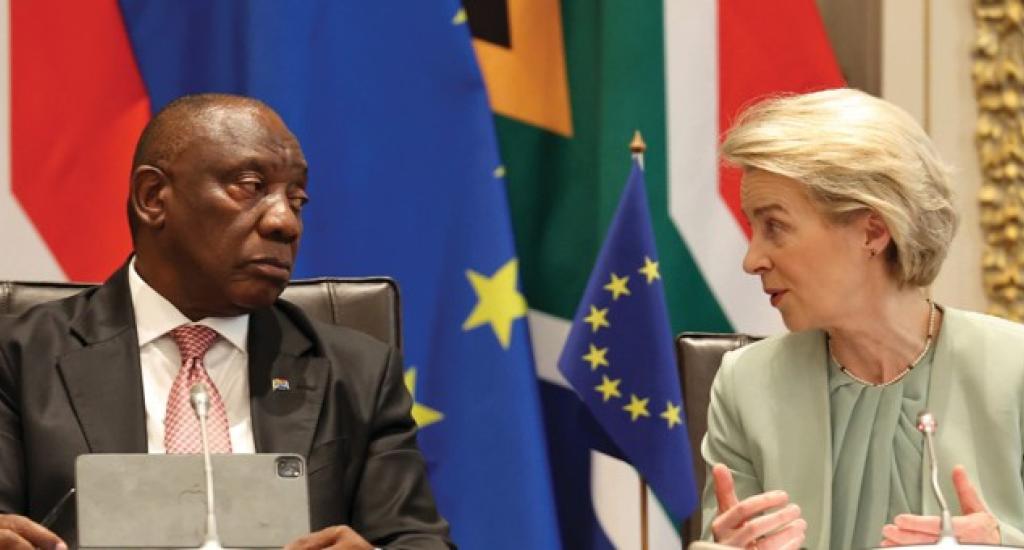
In 13 March 2025, South African and European Union (EU) leaders held the eighth South Africa-European Union (SA-EU) Summit in Cape Town to drive and amplify strategic trade relations between South Africa and EU countries.
President Cyril Ramaphosa represented South Africa while European Council President António Luís Santos da Costa together with the European Commission President, Dr Ursula von der Leyen, represented the EU.
“This Summit affirms our longstanding and close relationship, which is underpinned by the South Africa-European Union Strategic Partnership. This is a partnership based on shared values and common interests; a partnership that seeks to create prosperity for our citizens and promote peace, safety and stability. We share a commitment to inclusive multilateralism as the most effective means to address the most pressing challenges facing the world,” said President Ramaphosa.
The President of the EU
“This is a partnership based on shared values and common interests; a partnership that seeks to create prosperity for our citizens and promote peace, safety and stability. We share a commitment to inclusive multilateralism as the most effective means to address the most pressing challenges facing the world.”
Council, Mr António Luís Santos da Costa also affirmed the same principle. “The EU and South Africa are not just partners, we are strategic allies, bound by shared values of democracy, human rights, rule of law, and multilateralism. Our partnership delivers real benefits to our citizens, our economies, and the world,” he said.
The EU-South Africa strategic partnership has been in place since 2007. High-level meetings are held regularly, including over 20 different sectoral dialogues, an annual human rights dialogue, ministerial political dialogues and the joint cooperation council (JCC).
The 16th session of the EU- South Africa JCC held in Brussels on 15 January 2025 and the 16th Ministerial Political Dialogue held in Cape Town on 19 February 2025 were important steps in the preparations for the eighth SA-EU Summit.
The ministerial meeting was an important opportunity to discuss cooperation on human rights, sustainable development and climate change. There was also a focus on South Africa's G20 Presidency priorities, which the EU expressed its support for, especially considering the G20’s strong focus on solidarity, equality and sustainable development.
South Africa and the EU enjoy a strategic relationship characterised by multidimensional bilateral cooperation. In 2007, South Africa and the EU signed the Joint Action Plan that elevated their bilateral relations to a strategic partnership and established summit meetings between the two parties.
Trade and investment
South Africa is one of 10 countries globally and the only African country with a strategic partnership with the EU. It is the EU’s largest trading partner in Sub-Saharan Africa, with €49 billion worth of trade in goods in 2023.
The EU, which accounts for 47% of South Africa’s foreign direct investment, remains a significant development partner, providing funding and technical assistance in critical areas aligned to the National Development Plan Vision 2030.
President von der Leyen announced a new €4.7-billion (approximately R90 billion) investment package for South Africa.
The investment package covers areas such as critical raw mineral processing, green hydrogen, renewable energy, transport and digital infrastructure, local vaccine and pharmaceutical production, and resources for skills development.
The leaders in the SA-EU Summit also agreed to prioritise cooperation in the areas of education, science, technology and innovation. For this, young people stand to benefit the most as they will be specifically targeted to acquire skills through greater investment in education and science.
Setting new priorities
The resumption of the summit after a seven-year break offered a chance to establish new priorities for the strategic partnership, such as clean trade and investment, while reinforcing the shared values that form the foundation of the partnership
President Ramaphosa said the EU, as one of South Africa’s most important trade and investment partners, can play a catalytic role in unleashing the productive ca- pacity of the country's economy and equip South Africans, espe- cially the youth who will have to participate in the economy of the future.
South Africa and the EU will continue to engage on market access affecting both sides. For South Africa, securing resolutions to export poultry, game meat, ostrich and composite products (such as Amarula and nougat) to the EU market is crucial for boosting agricultural trade and creating jobs.
Global uncertainty
The summit took place at a time of global uncertainty characterised by rising unilateralism, economic nationalism and a retreat from international law and human rights.
South Africa welcomed the EU's support for multilateral institutions and the fundamental principles of the United Nations. “We hope to work closely with the EU and other partners to strengthen and reform institutions of global governance to make them more inclusive and capable of meeting the challenges of the present and the future,” said President Ramaphosa.
The two sides reinforced their common resolve to resist attempts to subvert and undermine the multilateral system and the fundamental principles of the UN, as well as the disruption to international trade through the imposition of tariffs and other unilateral trade measures.
“Multilateral commitments are being tested and the rules-based international order face growing challenges. Protectionism, economic coercion and other threats undermine stability, while new technologies disrupt political systems and global power dynamics. Our partnership matters more than ever,” said da Costa.
Cooperation with Africa
South Africa also welcomed the support of the EU for Africa’s developmental needs. African relations with the EU should be built on a mutually beneficial partnership in the spirit of shared ownership, responsibility, respect and mutual accountability. The SA-EU Summit also discussed the shared interest to advance peace, security, stability and sustainable development on the continent and across the world.
Africa holds 60% of the world’s best solar resources, offering a significant opportunity for renewable energy. Despite this, the continent attracts only 3% of global energy investment and approximately 600 million people, mostly in sub-Saharan Africa, still lack access to electricity.
To address this, the European Commission and South Africa, together with Global Citizen have launched a year-long Scaling up Renewables in Africa pledging campaign. It will mobilise public and private investments to accelerate renewable energy projects across and help people of Africa have access to affordable energy and help cut global emissions.



